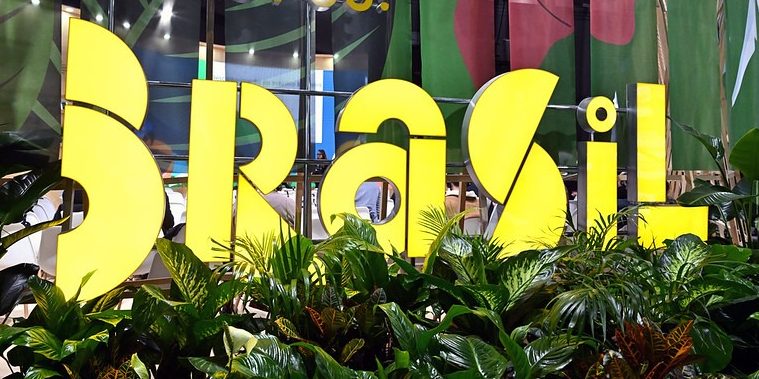Climate news: COP30 hires PR firm representing fossil fuel giant Shell
In a move stirring controversy ahead of the 2025 UN Climate summit, PR giant Edelman – a firm that continues to represent fossil-fuel major Shell – has been awarded an $835,000 media contract to support Brazil’s COP30 communications strategy. The deal tasks Edelman with shaping the summit’s “strategic narrative” and managing media relations.
The award of this high-profile contract has reignited debates over potential conflicts of interest and the role of corporate influence in shaping global climate discourse. Edelman’s ongoing work with Shell – which is being criticised for its slow transition away from fossil fuels – raises a red flag among climate advocates, who warn that such ties undermine the credibility and urgency of UN climate negotiations.
Brazil’s COP30 organisers have defended the choice, emphasising Edelman’s global reach and strategic expertise
Critics argue that Edelman’s involvement could dilute climate messaging or steer communications in favour of corporate interest, rather than reflecting the needs of vulnerable communities most affected by climate change. It is a textbook example of institutional greenwashing risks. Some suggest that the firm responsible for helping Shell maintain a public image cannot also be trusted to represent a climate summit, one which should be committed to phasing out fossil fuels without glaring conflicts of interest that pose ethical and environmental risks.
The appointment has also triggered scrutiny of the broader role PR firms play in climate governance, especially as the stakes intensify for COP30, set to be held in the Amazonian city of Belem, Brazil – a symbolic and politically charged location amid mounting deforestation and ecological threats.
Brazil’s COP30 organisers have defended the choice, emphasising Edelman’s global reach and strategic expertise. However, environmental activists insist that transparency and independence must be prioritised to avoid eroding public trust in international climate processes.
As COP30 approaches, the appointment of Edelman underscores a pressing dilemma: can a summit designed to accelerate climate action be effectively communicated by an agency still engaged in promoting fossil fuel interests?

Comments